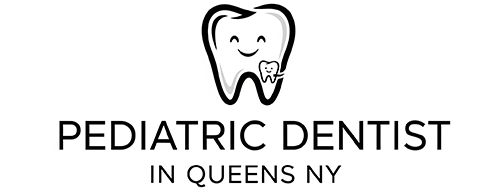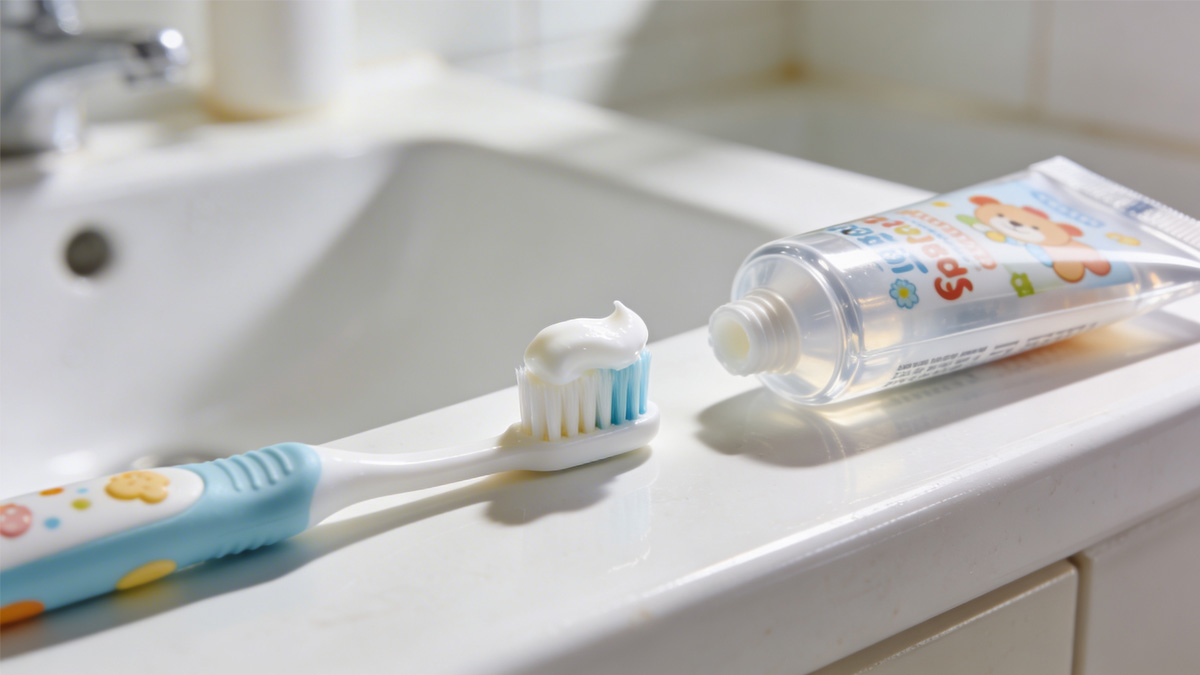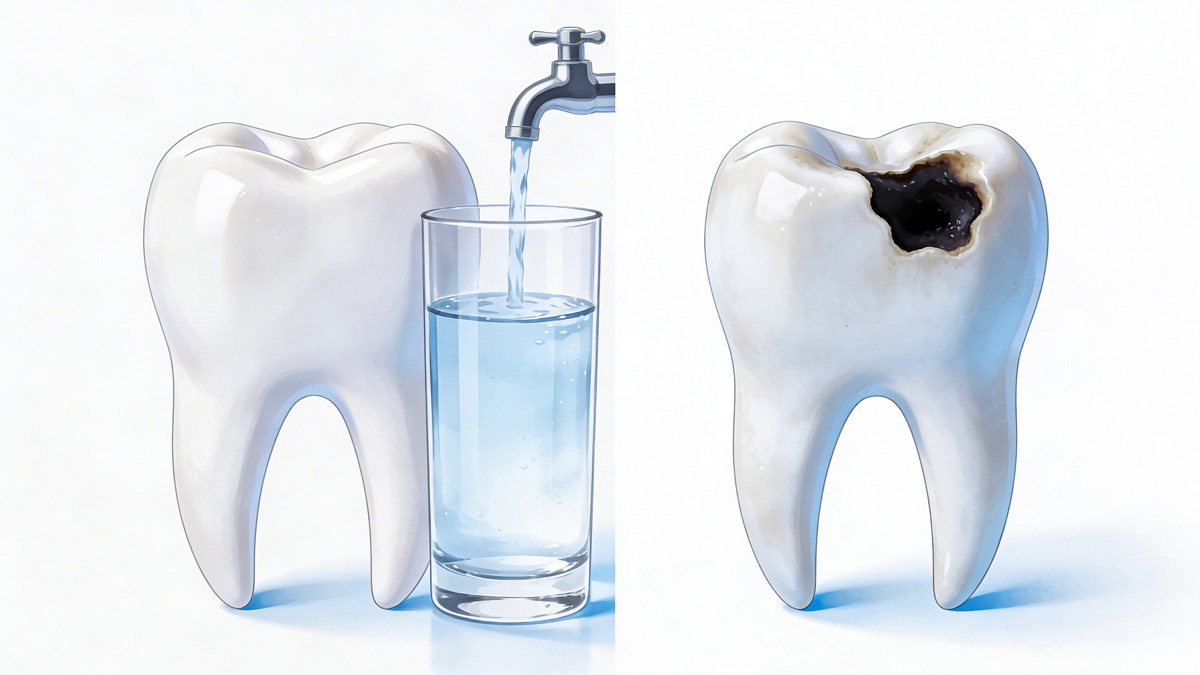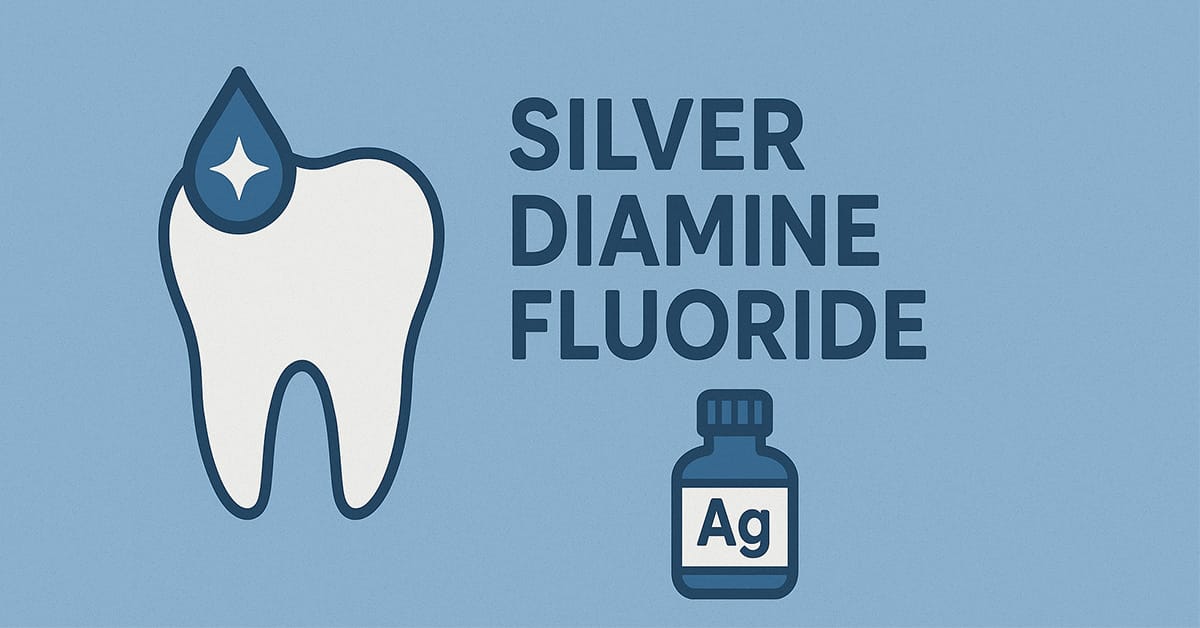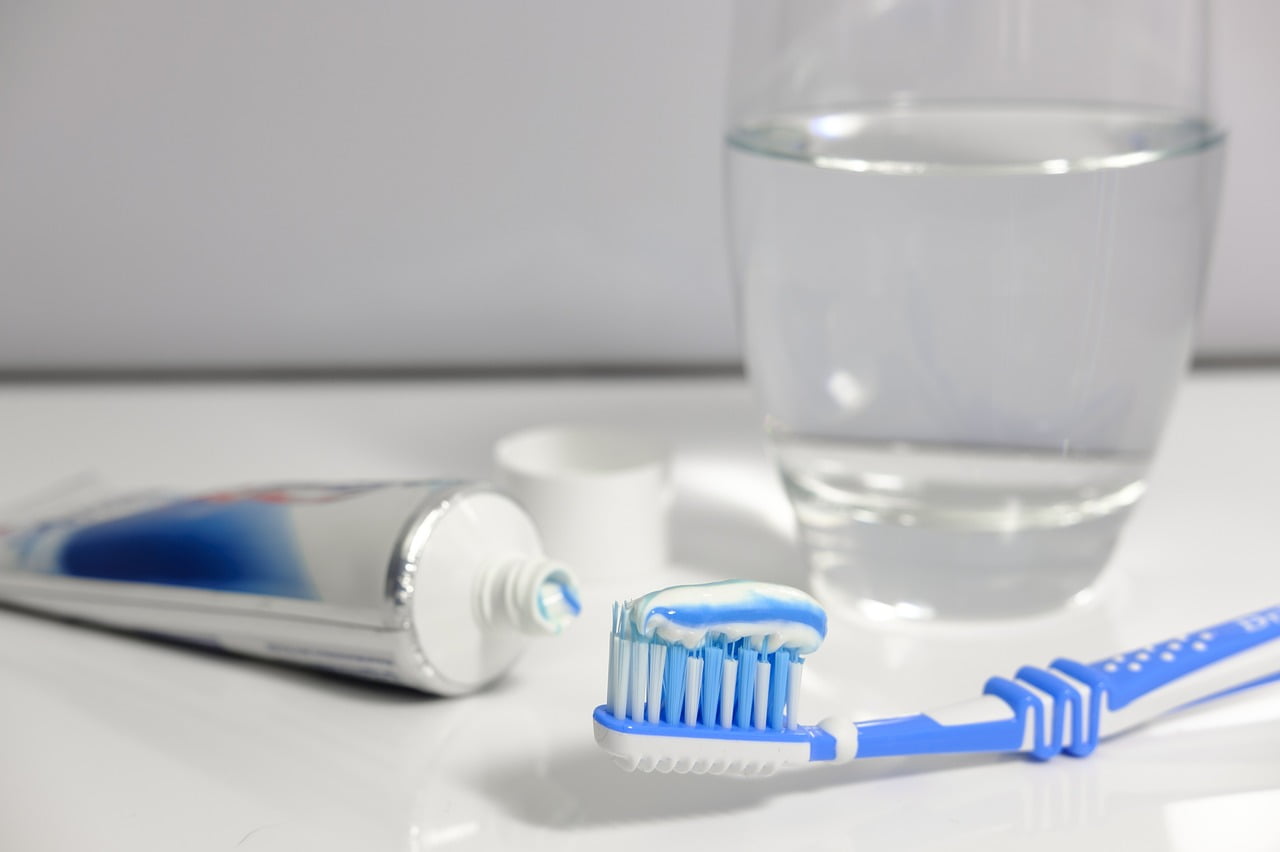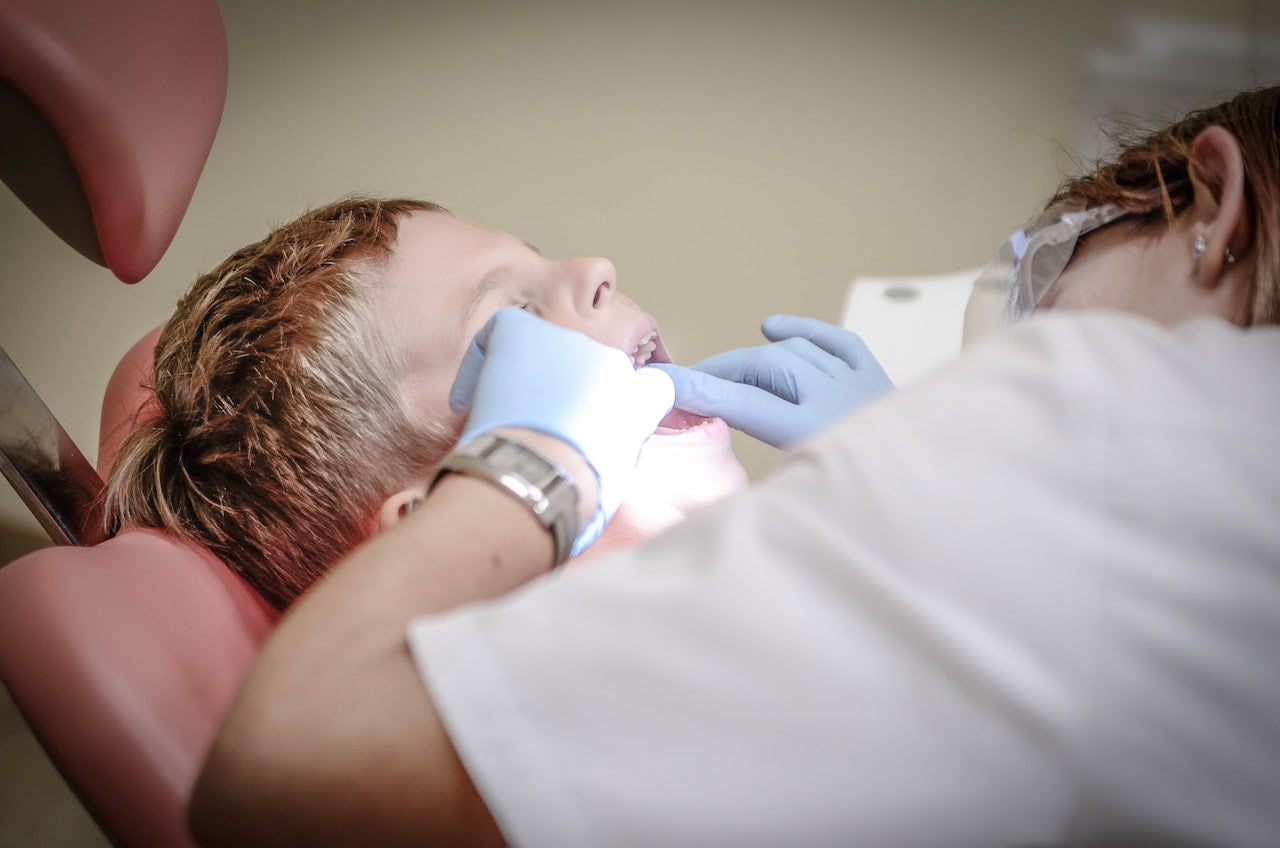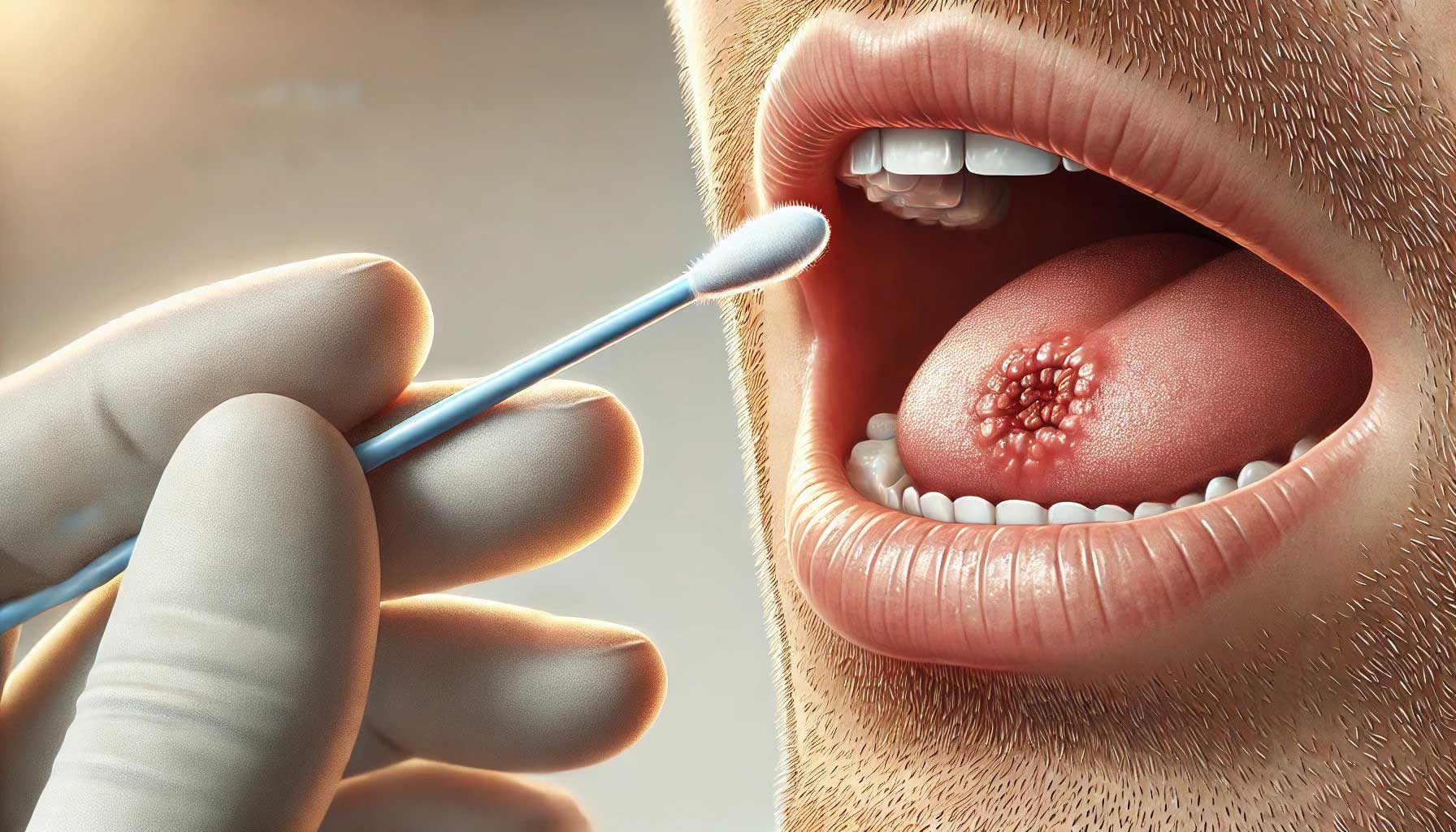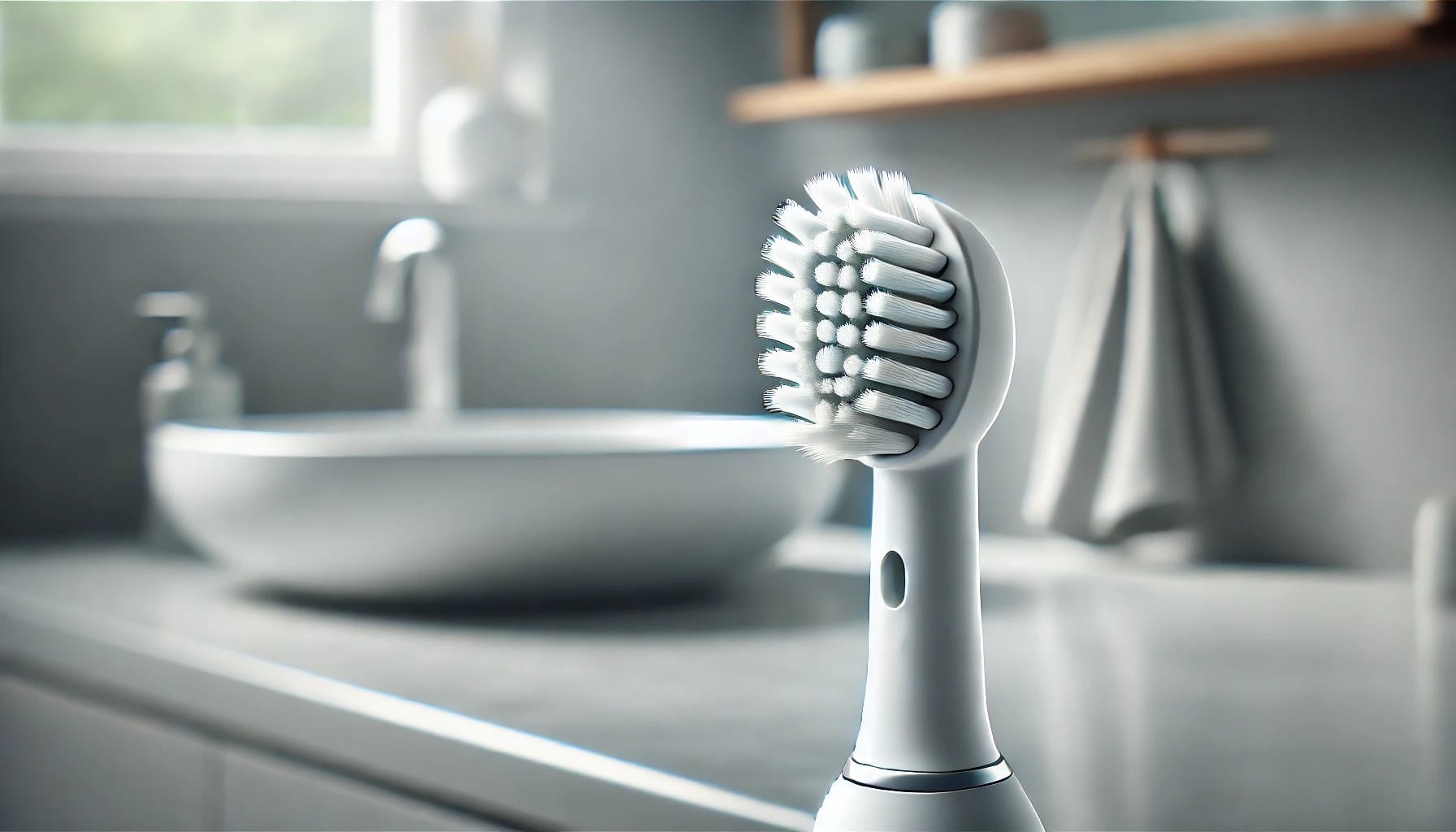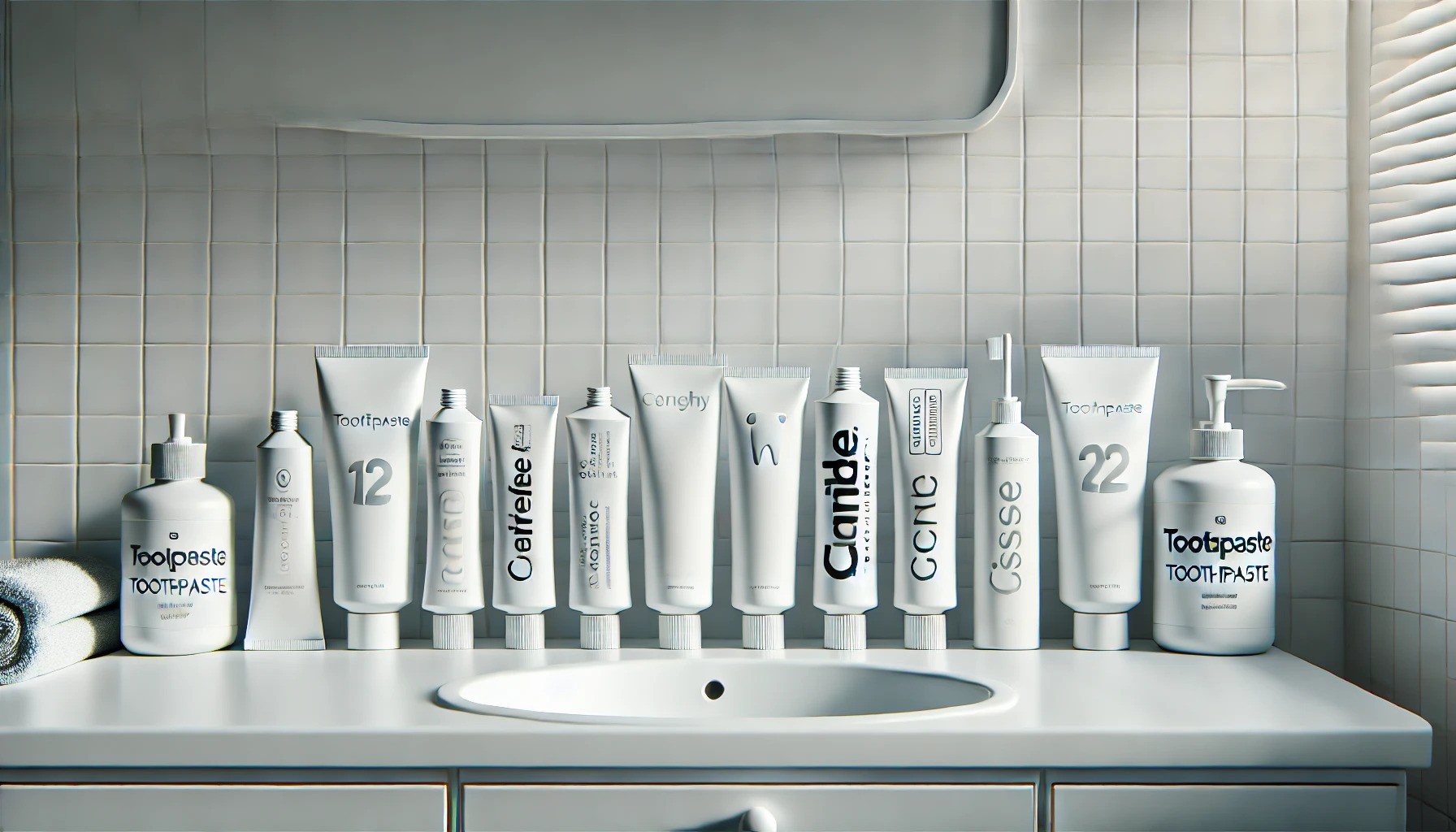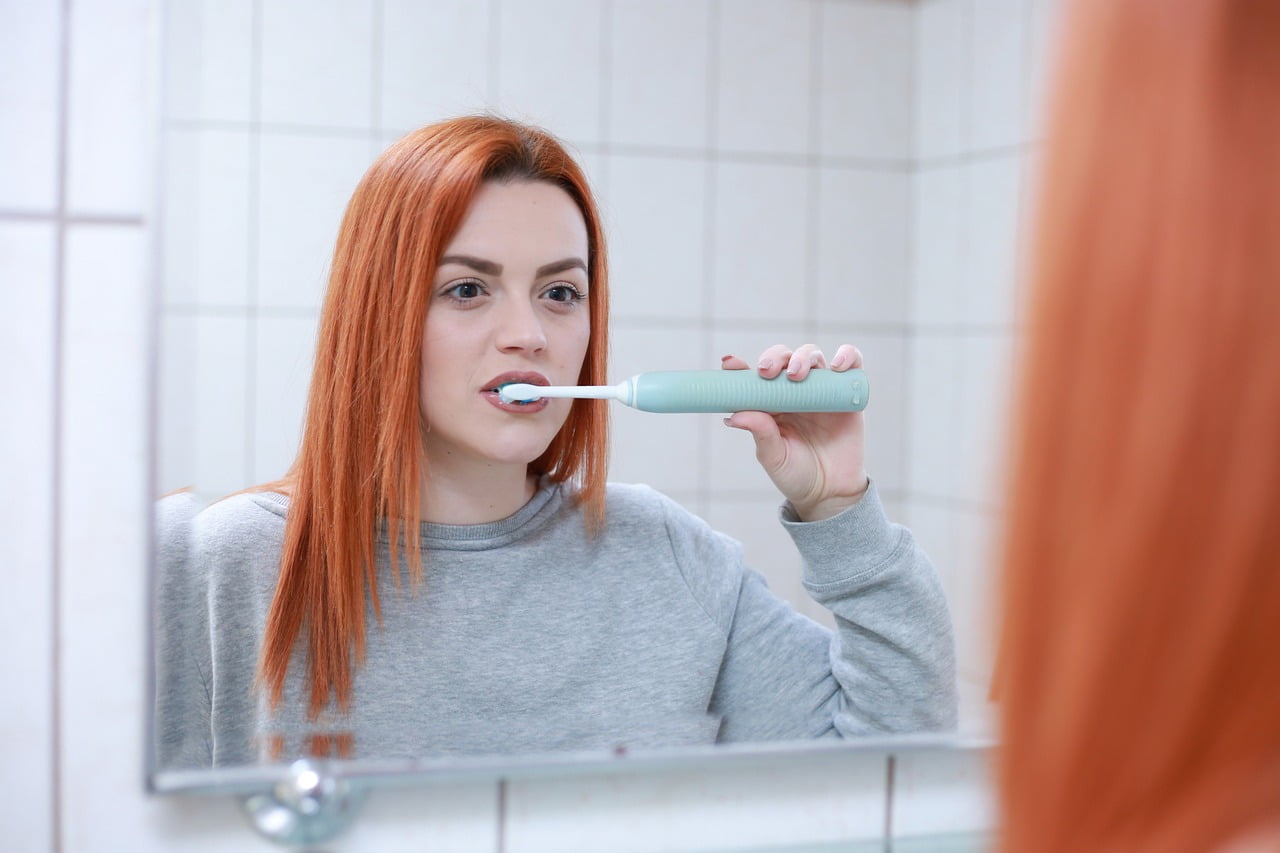FDA Fluoride Rules for Kids Changed in 2026: Here Is What Every Parent Needs to Know
TL;DR: The FDA restricted prescription fluoride supplements (drops and tablets) for children under age 3 starting October 31, 2025. This action did NOT restrict fluoride toothpaste, which remains the primary and most effective tool for cavity prevention in young children according to the AAPD, ADA, and AAP. Separately, new toothpaste packaging showing pea-sized amounts rolled … Read more
